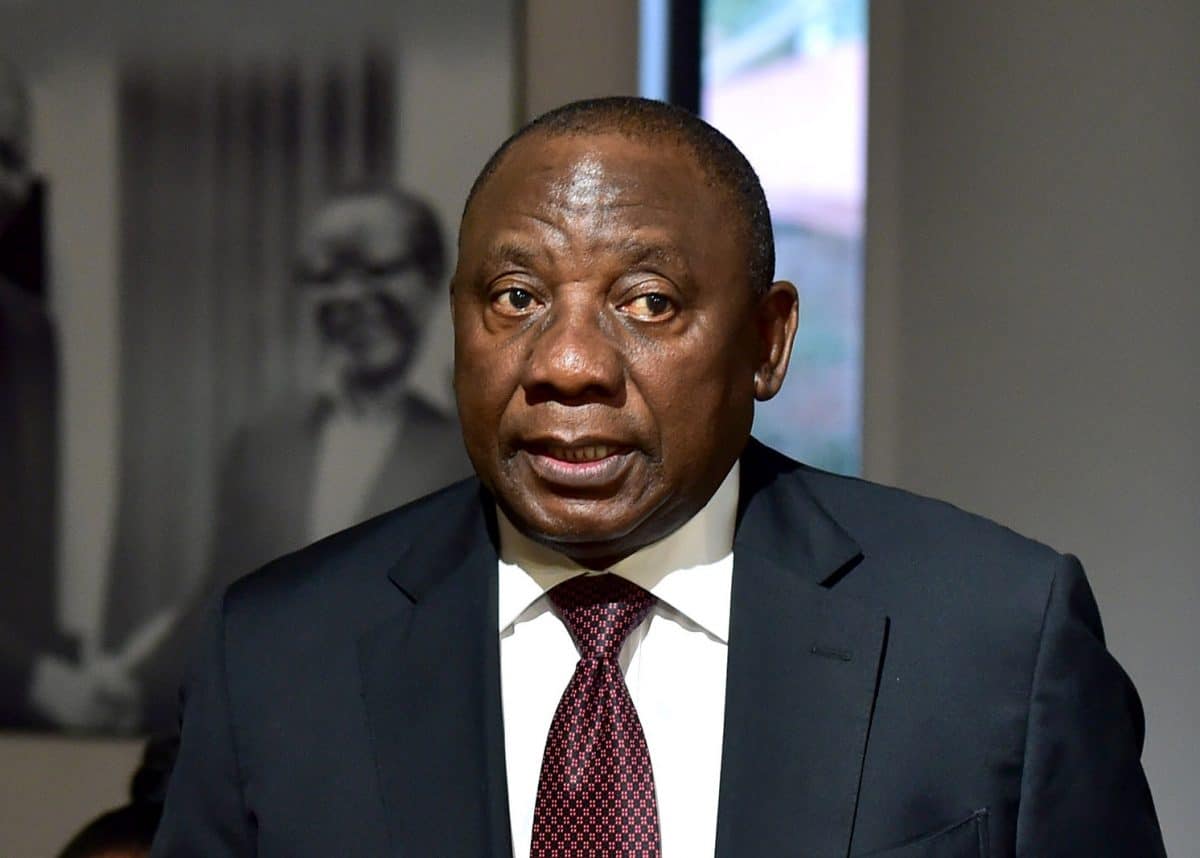THE fiscus is inherently political.
AS one definition of politics neatly puts it, “Politics is the process by which decisions about the allocation of resources are made”. The choices a government makes in its budget processes — whom to tax, what to fund — are not “technical”; there are winners and losers, and ideology will rightly play a big part in the decision-making.
Now, in South Africa, the fiscus has become an electoral issue. The choices that the treasury and the minister of finance, Enoch Godongwana, makes in the medium term budget policy statement on 1 November, and the budget in February, are likely to have a significant bearing on next year’s election.
They may even determine whether the ANC retains its majority, given how tight the 2024 poll is likely to be. And from a purely ANC perspective, there are no good options. The stakes were raised by the treasury with a dramatic letter that was sent across government on 31 August, instructing departments and public agencies to, in effect, freeze recruitment, halt travel and workshops and the like.
Even though it had been foretold, it caused shock — even panic — in the public sector, leading to various “clarifications” to have to be subsequently issued. The accusation from the left is that this is “austerity” — a swear word in progressive political circles — on steroids, and that it will do more harm than good. But as a former senior treasury official, Michael Sachs, has pointed out, South Africa’s fiscal predicament is not a result of governmental decisions to reduce public expenditure, but because of diminished real growth since 2012.
The August Letter was the moment when South Africa’s chickens finally came to roost; the economic damage caused by the state capture years, the steady erosion of government capacity and capability, and in trust in public institutions, have brought the country to where it is. Lack of growth as a symptom of weak economic performance is the outcome.
If you have less money, in real terms (net of inflation), then you have less money to spend — unless you are willing to borrow endlessly. And herein lies the nub of the debate among progressives. Godongwana’s mantra, repeated in successive budget speeches, is that debt harms the poor because the more the state borrows the bigger the chunk of the budget that has to be spent on interest on the debt and the less money there is for social expenditure. This sounds like a progressive position: protect the social wage from being squeezed because of excessive borrowing.
The progressive rejoinder is that what matters is what you are borrowing for and how the debt is invested. If the debt is “smart” then it will be productive: it will catalyse growth or yield socio-economic out[1]comes such as publicly funded, labour-intensive infrastructure programmes.
Godongwana appears immune to this argument, and rock-solidly determined to try to contain debt. This leads inevitably to some tough choices. Back in February, in the last budget speech, he made an especially brave choice: to keep money in the pockets of taxpayers rather than increase taxes to pay for an inflation-linked increase in the social wage — welfare payments generally, and the social relief of distress grant specifically, which has remained at its original R350 a month level ever since its introduction in 2020 even though inflation and the cost of living has risen sharply in the three years since.
As a consequence, the poor are getting poorer. About 18 million people depend on the social security system (and 10 million receive the social relief of distress grant), which is itself creaking thanks to mismanagement at the SA Social Security Agency.
Last month, many recipients had to wait days for their delayed welfare payments — further evidence of this government’s, and the contemporary ANC’s, callous disregard for the poor. The Venn diagram overlap between core ANC voters and those 18million people is significant, even if there is also overlap between them and another circle — the 10million eligible voters who choose not to even register to vote these days.
Godongwana’s decision was a strategic one, in the proper sense of the word: it was a decisive response to a difficult dilemma. Unlike his boss, President Cyril Ramaphosa, who prefers to either avoid such awkward moments by not taking a decision at all or else by subcontracting them to someone or something else, Godongwana deserves commendation for having confronted the situation head-on. – M&G


